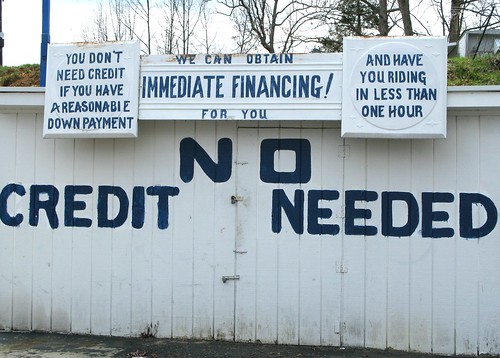 Private student loans are just that, they are private loans, and usually have variable interest rates. This means you do not know how much you will be paying in the future. They do not involve the federal government. The loan is for the cost of attendance less other financial aid received, which includes average cost to attend one academic year (fall and spring), tuition and fees, room and board, books and supplies, transportation, and personal expenses. If cost goes up, this will increase the cost of attendance.
Private student loans are just that, they are private loans, and usually have variable interest rates. This means you do not know how much you will be paying in the future. They do not involve the federal government. The loan is for the cost of attendance less other financial aid received, which includes average cost to attend one academic year (fall and spring), tuition and fees, room and board, books and supplies, transportation, and personal expenses. If cost goes up, this will increase the cost of attendance.So, private student loans are designed to fill in the gap between the other financial aid received and the actual cost of attendance. The interest rate varies, and is adjustable, but are usually high. Because of the high interest rates, and variable interest rates, you really don't know how much the loan will cost you, or what your payments will be.
Private student loans are not federal, and as such, don't come with the federal plans, such as income based repayment, student loan forgiveness, benefits for being a teacher, a veteran or a member of the military, or any other benefit associated with federal loans.
You really want to try to get your money somewhere else.
- Look for grants and scholarships; they may look like loans, as they are used for higher education, but the biggest difference is they do not require repayment. They may be granted based on race, area of study, ethnicity, location, nationality, parents affiliation, religion, etc. Scholarships are usually granted for area of study and sports. There are grants and scholarships given out for everything.
- There are educational benefits offered for being associated with the military.
- Think about working part time. There are always work study programs. This, of course, needs to be balanced with studying. This might not be much money, but will definitely help out. It will also help with a resume later.
- Next, look for direct subsidized federal student loans. This means you do not have to pay interest while you payments are being deferred while you are in school.
- Look for ways to lower cost of attending school, such as purchasing used books, or sharing books an supplies. Sometimes living off campus can save some money. Use public transportation, bikes, or rail instead of using a car. Try to take as little of a student loan as possible.
Lastly, look at private student loans.
